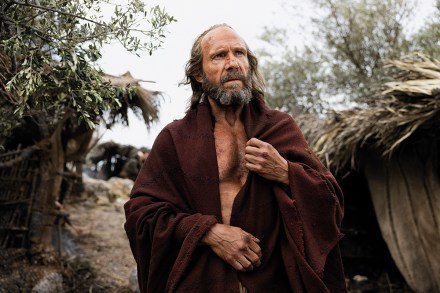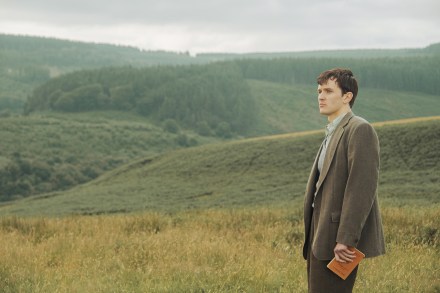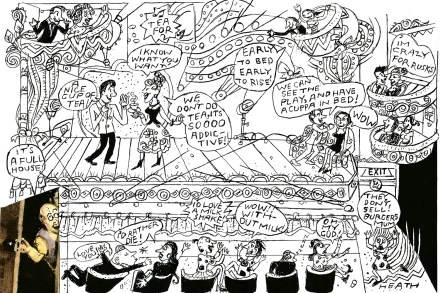Dry retelling of the Odyssey – but Fiennes is ripped: The Return reviewed
Uberto Pasolini’s The Return stars Ralph Fiennes and Juliette Binoche in a retelling of the last section of Homer’s Odyssey. He is Odysseus and she is Penelope in a stripped-back tale that presents the pair as psychologically plausible human beings rather than characters from Greek myth. Fiennes and Binoche are, of course, spellbinding. I could look at their faces all day. But the narrative is so parched and meditative it’s ultimately enervating and seems as depressed as the hero himself. I ended up longing for a Cyclops or at least a six-headed monster. Written by John Collee, Edward Bond and also Pasolini, the film throws no Gods or monsters in




















